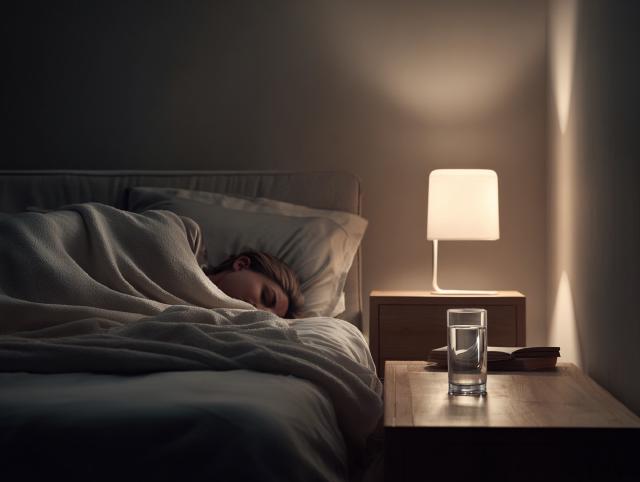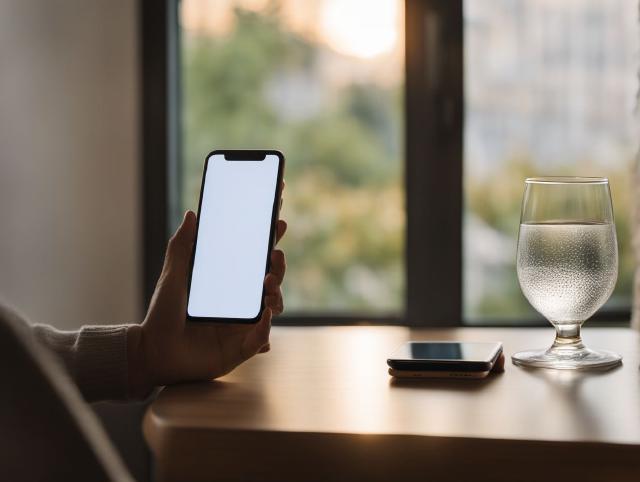Sleep, Anxiety, and Nicotine: How to Stabilize Your Rhythm

Introduction: when night stops being restful
The first weeks after quitting smoking are often marked by unstable sleep: difficulty falling asleep, more vivid dreams, and mornings without real rest. Many worry: “Will I always sleep worse without cigarettes?”
Michael from London shared: “I quit smoking and barely slept at night for a week. It felt like cigarettes were the only way I could relax. But then I realized it was temporary — and I started looking for new rituals.”
Nicotine does affect sleep cycles. It can make falling asleep feel quicker through stimulation, but it keeps sleep shallow. Once dependence fades, the brain resets, and it takes some patience for rhythm to return.
Why sleep feels unstable without nicotine
Nicotine is a strong stimulant, and many smokers mistakenly use it as a “night relaxer.” In reality, it works against rest:
- sleep becomes shorter and lighter;
- the amount of REM sleep — crucial for recovery — decreases;
- micro-awakenings appear during the night, leaving morning fatigue.
When you quit, the body gradually restores natural cycles. This readjustment usually takes 1–3 weeks.
👉 In the article on first-week changes, we explained why the body reacts so sharply in the beginning.
The 20-minute evening ritual
Sleep stabilizes more easily if you create a “safety corridor” before bed. Try this simple sequence:
- 10 minutes of light movement — a short walk or stretching.
- 5 minutes of writing — note down thoughts spinning in your head.
- 5 minutes of breathing — the 4–7–8 pattern (inhale 4s, hold 7, exhale 8).
Sofia from Barcelona said: “I replaced my evening cigarette with a warm shower and a short meditation. Within a week my sleep felt deeper, and I woke up refreshed without an alarm.”
What to do if you crave “a night cigarette”
Many complain: “I can’t fall asleep without one.” That’s not true relaxation but a conditioned reflex. To make evenings easier:
- avoid coffee and energy drinks after 4 p.m.;
- keep herbal tea or warm water nearby;
- use “hands busy” alternatives (reading, puzzle, knitting);
- if the craving is strong, use safe nicotine replacement tools, as we explained here.
The key is to retrain the brain: cigarettes are not real calmers — healthy habits are.
Morning energy without cigarettes — it’s real
Some fear that without a morning cigarette they’ll feel sluggish. In fact, the opposite often happens:
- blood oxygen levels rise within 24 hours;
- circulation improves, bringing more energy to the brain;
- natural wakefulness returns.
David from Toronto wrote: “I thought mornings without cigarettes would be unbearable. But within two weeks I was waking up on my own — and jogging in the park without coffee or a cigarette.”
According to the CDC, quitting smoking often improves sleep and reduces anxiety within the first few months.
How to manage anxiety
Sometimes the problem isn’t only sleep — anxiety itself can spike in the early weeks. What helps:
- daily activity (at least a 20–30 minute walk);
- breathing techniques throughout the day;
- less screen time before bed;
- support from friends or quit-smoking groups.
Anna from Vienna noted: “I tracked my anxiety levels in a diary. Within a week I noticed they dropped on days I walked more. Cigarettes had nothing to do with it.”
Conclusion: sleep returns — and gets better
Yes, the first weeks of sleep can be rough. But step by step the brain resets, anxiety fades, and mornings start to bring back energy and joy.
Quitting doesn’t steal your sleep — it gives you real rest again.
The SmokingBye PDF guide includes a “7×7 Calm Sleep” checklist to help restore rhythm and get quality sleep even in the toughest weeks.
🚀 Ready to quit smoking?
The SmokingBye PDF is a gentle, step-by-step way out: gradual nicotine reduction with no stress and no relapses.
Get the plan & start today

